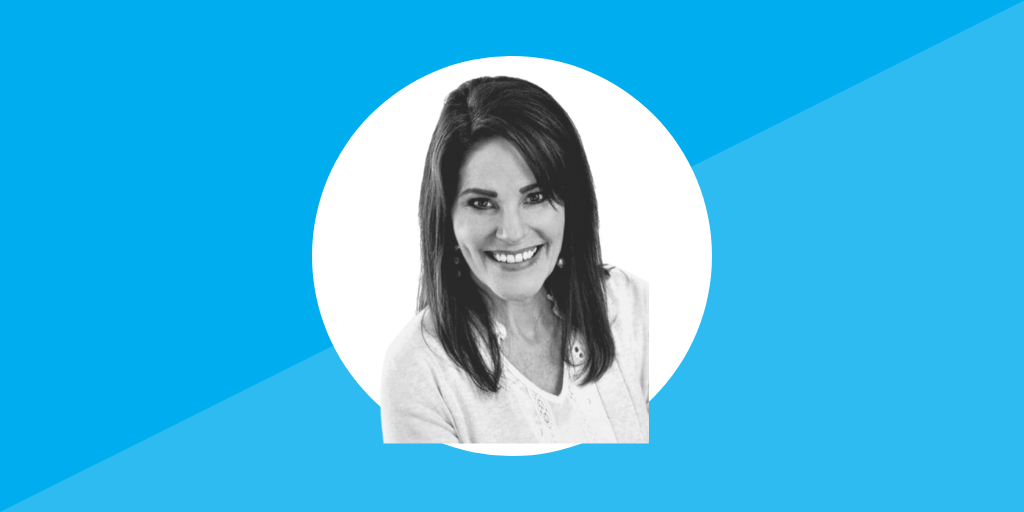It’s no secret that Utah’s funding of education is lackluster compared to the rest of the country. On average, the United States spends $12,612 on each student. Utah ranks last, spending only $7,179 on each student. Despite this, Utah’s high school graduation and college attendance rates are higher than average. But this lack of funding affects Utah students in other ways. Budget cuts leave schools no choice but to prioritize only the bare minimum needed to graduate. Teachers end up overworked and underpaid. Students graduate without a proper knowledge of how credit works, how to pay taxes, and other essentials for functioning as an adult.
If the goal of Utah schools is to prepare students to enter the workforce and benefit the community, the bare minimum will not be enough. Not only are students suffering from a lack of funding while they are attending school, but they carry the effects of budget cuts with them when they become adults.
How do we fix this? It starts with finding the right adult advocates in classrooms and on school boards. When we think of the glamorous world of politics, the state school board isn’t what comes to mind, and that shows. Of the 9 seats up in 2020, 6 of them only had one candidate on the ballot. Elections should be about the people voting for the best candidate, not the only candidate.
A lack of education and involvement in the state school board election lead to Natalie Cline being elected to represent District 11. On the school board’s website, it states she is “deeply involved in the fight for religious freedom, pro-life legislation, and family-friendly education policy.” Her Facebook page makes it clear that she is against teaching about LGBTQ+ and BIPOC experiences out of fear that it will “indoctrinate our children”.
Since she took office in early 2021, a petition calling for her removal from the State Board of Education began to circle. This petition–which currently has over 8,000 signatures–doesn’t change the fact that she can only be removed from office by impeachment. While Cline’s statements are regressive and harmful, that is not an impeachable offence. People from all over the state are baffled that someone of her character would be elected in the first place. Of course, her supporters say this is just another example of the ‘cancel culture’ that’s growing increasingly popular.
Cline’s harmful beliefs were publicly advertised throughout her entire campaign. Nothing changed once she was elected, yet public opposition to her only started growing once the election had already finished. Tony Zani, an Independent who ran against her in the 2020 election, only received 31% of the vote. If Utahns want to stop electing candidates like Cline, there needs to be more awareness and engagement about down ballot issues/candidates during the election process.
In 2019, the Utah state legislature voted to make the State Board of Education a partisan race. This was an unnecessary attempt to exert Republican control over Utah schools. Of the 9 board members elected in 2020, only one was a Democrat. This will create an imbalance and bring party debates into education. Wanting better schools isn’t a partisan issue; the school board shouldn’t be a partisan race.
It’s not just local elections that are affecting our children’s education. Former President Trump and his Secretary of Education Betsy Devos actively attacked every child’s right to an education. During the Trump administration, the Education Department was nine times less likely to take action regarding Title IX complaints involving sexual orientation or gender identity than the Obama administration. DeVos used federal coronavirus-relief funds to fund a $180-million voucher program for private and religious schools. I was shocked to discover that DeVos had never attended, worked at, or even sent children to a public school in her entire life.
As long as we continue to put people who care more about ideology than they do the well-being of our children in charge of our schools, education isn’t going to get better. We have an obligation as adults to look out for the upcoming generations. One of the best ways we can do that is to elect politicians who will prioritize their future.
Elliott Ramirez-Rodgers is the Communications intern for Alliance for a Better Utah

